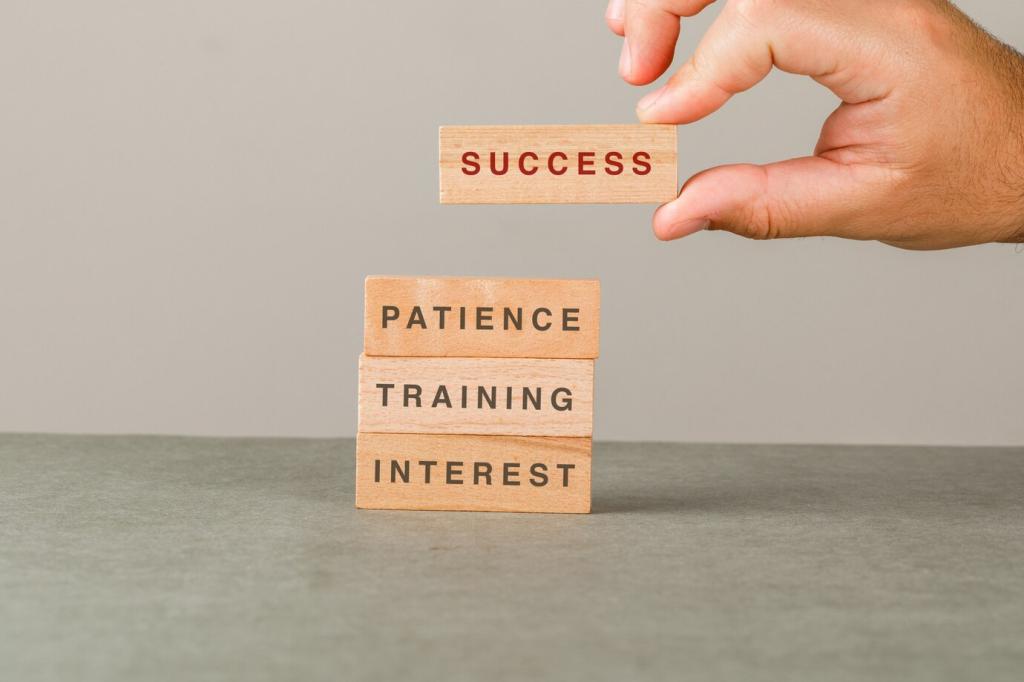Reframing Failure: The Growth Mindset in Action
Calling something a failure can shut down curiosity, while labeling it a prototype invites iteration. Language shapes attention, and attention drives learning. Try replacing “I failed” with “I learned that.” Notice how your next step feels lighter, more specific, and more actionable, even when emotions still sting.
Reframing Failure: The Growth Mindset in Action
A simple loop—plan, act, reflect, adjust—turns any setback into a structured improvement cycle. Reflection is the hinge: ask what worked, what didn’t, and what surprised you. Share one small adjustment you’ll test this week, and invite a friend to hold you gently accountable.







